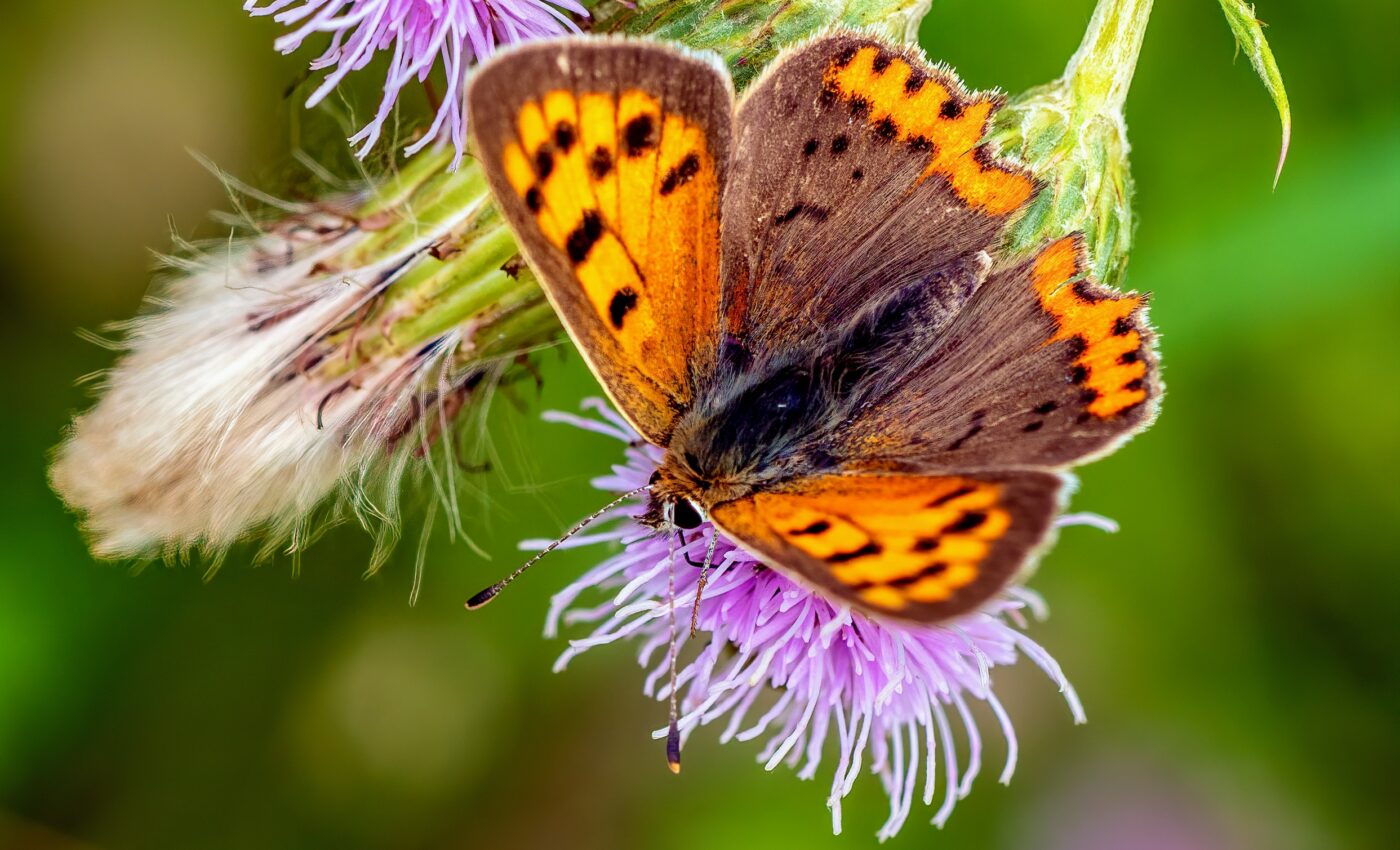
Experts in insect taxonomy “threatened by extinction”
According to new data obtained within the European Red List of Insect Taxonomists – a recent study commissioned by the European Union (EU) – while insect populations continue to decline globally, taxonomic expertise in Europe is at significant risk, with scientists specializing in the identification and discovery of insect species declining across the continent.
By extracting information from thousands of scientific articles published in the last decade, querying the most important scientific databases, reaching out to over fifty natural science institutions and their networks, and surveying more than 1,500 taxonomists, the researchers discovered that Europe has been losing taxonomic expertise at such a rate that nearly half of the insect orders (41.4 percent) are currently not covered by a sufficient number of scientists. Even the four largest insect orders – beetles (Coleoptera), moths and butterflies (Lepidoptera), flies (Diptera), and wasps, bees, ants and sawflies (Hymenoptera) – are only properly covered in a fraction of the countries.
The analysis revealed that, while countries such as the Czech Republic, Germany, or Russia showed the most adequate coverage of insect groups, Albania, Azerbaijan, Belarus, Luxembourg, Latvia, Ireland and Malta lacked a sufficient number of taxonomists. Overall, the wealthiest countries tended to invest more in their scientific institutions and thus have more taxonomic experts. However, the poorer countries tend to be richest in insect biodiversity, which is a significant problem if they have insufficient experts to study and classify them.
Moreover, other concerning trends revealed that the community of taxonomists is also aging and male-dominated (82 percent). “One reason to have fewer young taxonomists could be due to limited opportunities for professional training […] and the fact that not all professional taxonomists provide it, as a significant number of taxonomists are employed by museums and their opportunities for interaction with university students is probably not optimal,” said Ana Casino, the Executive Director of the Consortium of European Taxonomic Facilities (CETAF).
“Gender bias is very likely caused by multiple factors, including fewer opportunities for women to be exposed to taxonomic research and gain an interest, unequal offer of career opportunities and hiring decisions,” added the report authors. “A fair-playing field for all genders will be crucial to address these shortcomings and close the gap.”
In order to solve these problems, the authors advise the development of targeted and sustainable funding mechanisms to support taxonomy, the establishment of natural history museums or entomological research institutes in countries where they are lacking, and the worldwide recognition of taxonomic work at a multidisciplinary level.
—
By Andrei Ionescu, Earth.com Staff Writer
Check us out on EarthSnap, a free app brought to you by Eric Ralls and Earth.com.












